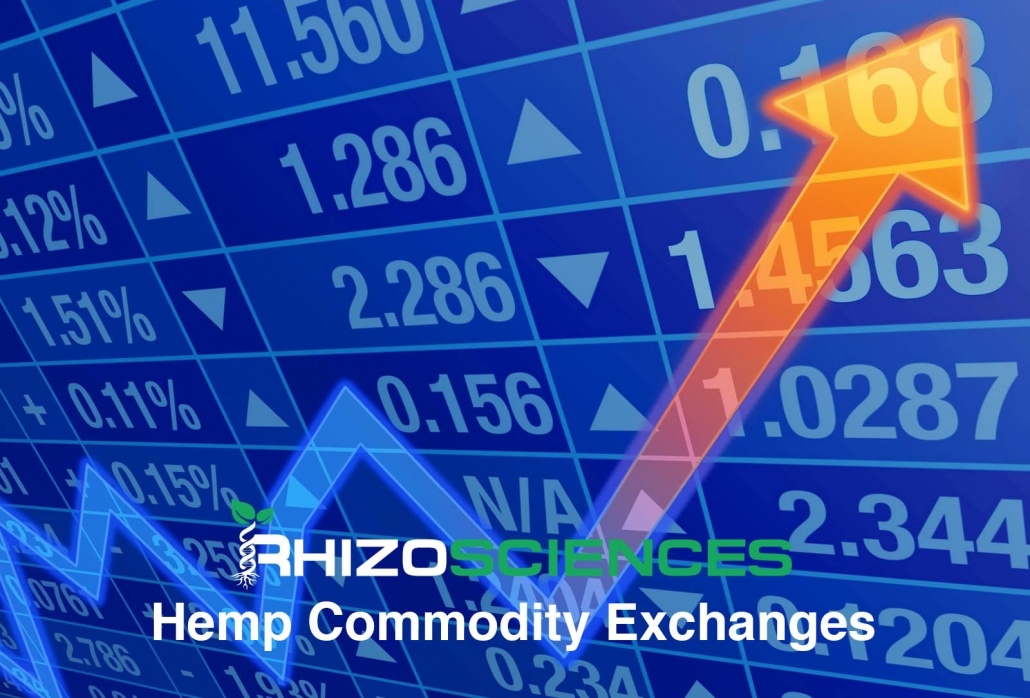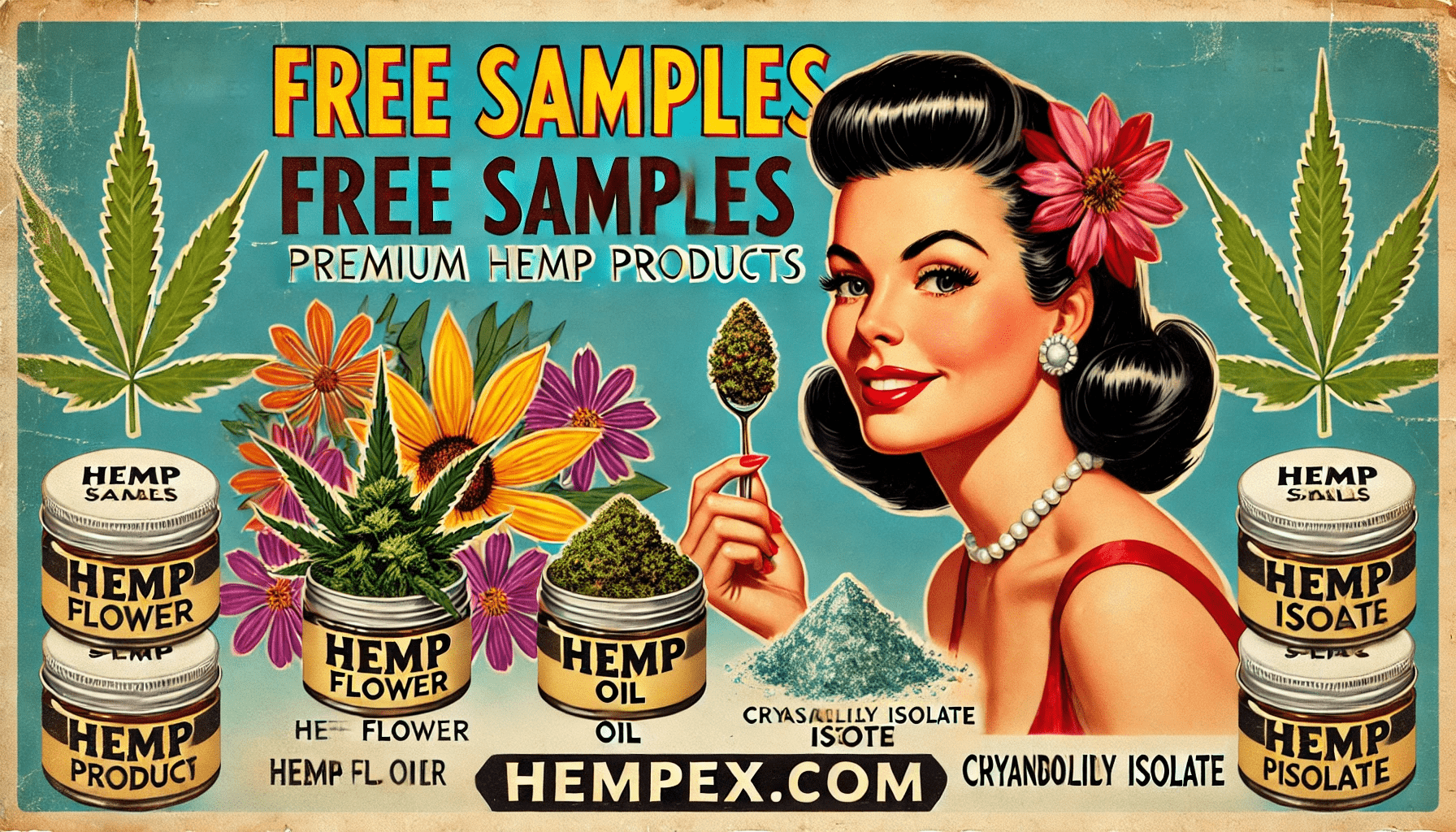Hemp Exchange
Hemp Commodity Exchanges
Several different groups have developed early stage hemp exchanges in various markets. Development of exchanges is an important step in developing the basic infrastructure of the hemp industry as it brings together various players in a marketplace which accelerates development of standardisation and regulation – currently the main limitations to the industry today. Hemp exchanges strongly incentivise the development of technology and investment to address bottlenecks in processing, such as fibre processing.
What is a Commodity Exchange
Commodity exchanges allow buyers, sellers and traders to trade commodities – in this case hemp products and contracts based on them. These contracts can include spot prices, forwards, futures and options on futures. Other sophisticated products may include interest rates, environmental instruments, swaps or freight contracts.
Hemp Commodities exchanges could trade hemp futures contracts on hemp commodities, such as trading contracts to receive something, say hemp seed for use in food or flower for extraction, in a certain month. A farmer raising hemp can sell a future contract on his corn, which will not be harvested for several months, and guarantee the price he will be paid when he delivers; a hemp processor buys the contract now and guarantees the price will not go up when it is delivered. This protects the farmer from price drops and the buyer from price rises.
Speculators and investors might also buy and sell the futures contracts in attempt to make a profit and provide liquidity to the system. (Wikipedia)
Hemp Commodities
Industrial Hemp Commodities
Hemp commodities include industrial hemp products used for food, fuel & fibre as well as hemp biomass & medical hemp products such as CBD oil, distillate & isolate.
Industrial hemp products are derived from the hemp seed, fibre and biomass and are more readily traded as a commodity because they are somewhat interchangeable with widely traded commodities.
For more background on Hemp as an Agricultural Commodity see this report by CRS
Industrial Hemp Agricultural Commodities
When considering the potential for hemp commodities it is instructive to compare hemp to existing high volume commodity markets. This helps to make sense of the potential impact of the industry and the volume and value of a hemp commodity exchange.
Hemp commodities with direct analogues to mainstream billion dollar commodity markets include:
- Hemp seed is an important food and oil seed and thus comparable to major commodities such as soy, oil seeds and grains which are the mainstays of agricultural commodity markets.
- Hemp seed oil has analogues both with food and industrial oil products as well as high value oils such as fish oils and nutritional oil extracts
- Hemp biomass is already traded as part of the biomass trading market which is impacted by pricing of other fuel sources.
- Hemp fibre has strong parallels with other fibre markets such as cotton, flax and wool
- Hemp biomass and fibre also have parallels to the mining commodities when used for insulation and construction materials.
These parallels with existing large commodity markets are important because in spite of it’s versatility and value hemp is still a very minor commodity relative to other foods and industrial products, yet has potential to impact some of the largest volume commodity markets within food, fibre, fuel and industrial products.
Medical Hemp Commodities
Medical Hemp Commodities are more complex than industrial hemp commodities, and at this stage should be viewed as high value products with some near-commodity characteristics.
The reason for this is that quality standards are essential to establishing a commodity market, and the landscape of quality and standardisation of industrial hemp are still embryonic.
At this stage it is reasonable to consider hemp biomass for CBD production as a commodity because it shows several characteristics of a commodity.
Requirements to make a hemp commodity exchange include:
- Fungible – one unit is interchangeable with another unit.
- Standardised – an accepted standard of product across the market
- Able to be freely bought and sold
- A market of both buyers and sellers exists with enough trading volume and frequency to establish a “market price”.
- A shared venue for market transactions to take place in a safe, fair and transparent manner.
Hemp biomass for extraction meets most of these criteria to a limited degree, and Rhizo Sciences has focussed on addressing the shortfalls to establish a trading standard for medical hemp.
- Fungible – hemp can be bought and sold on the basis of CBD content.
- Standardised – there is broad agreement (but much misunderstanding) of required standards
- Able to be freely bought and sold – now possible with the farm bill in the USA
- A market of both buyers and sellers exists but issues with standardisation and quality limit transaction ease
- A shared venue for market transactions is still missing in most regions – with most transactions being private and opaque.
Rhizo Sciences is committed to developing the industry infrastructure required to fulfil conditions for quality production and market development to support farmers, processors, manufacturers and patients.


